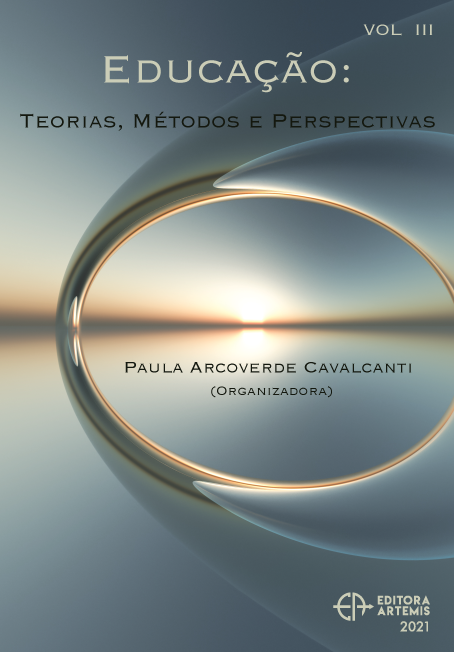
FILOSOFIA DA EDUCAÇÃO NA FORMAÇÃO DO PEDAGOGO: DISCURSO DA AUTONOMIA E CONSTRUÇÃO DA HETERONOMIA
Ao nascer em uma sociedade, os homens são apenas viventes, que têm na sua biologia o seu substrato, o seu para si, o seu mundo próprio. Mas o vivente homem não é só composição biológica, ele tem em si um outro para si, um outro mundo próprio, sua psique. E é sobre o para si da psique que agem as instituições da sociedade, para que a psique internalize o mundo, que está instituído naquela sociedade e que constituem o magma de suas significações sociais. Assim, o vivente homem, portador de uma psique, à medida que é fabricado socialmente, internalizando o mundo instituído, torna-se individuo social. Conseqüência da fabricação social, a clausura cognitiva – faz com que cada um sempre julgue e escolha não apenas no seio, mas com a ajuda da instituição sócio-histórica particular – a cultura, a tradição – que o formou, e, sem isso, seria incapaz de julgar e escolher o que quer que seja.
Herdeiros da filosofia greco-ocidental, mas ao mesmo tempo denegando no sócio-histórico a efetivação da filosofia como a interrogação ilimitada sobre o mundo instituído e da política como o questionamento explicito da instituição efetiva da sociedade buscando formar uma perspectiva lúcida da instituição social na dependência do nomos, os homens se apresentam como heterônomos.
Pensar nesse sócio-histórico um conceito de educação só é possível percorrendo-se duas vertentes: uma que implique apenas na socialização da psique, para internalização do espetacular instituído e outra que implique a socialização da psique, comportando minimamente a inibição de sua imaginação radical e o desenvolvimento máximo de sua reflexividade.
Dessa forma, a filosofia e a política se colocam como atitudes a serem criadas através da educação, pois ambas são interrogações sobre o instituído.
FILOSOFIA DA EDUCAÇÃO NA FORMAÇÃO DO PEDAGOGO: DISCURSO DA AUTONOMIA E CONSTRUÇÃO DA HETERONOMIA
-
DOI: 10.37572/EdArt_1512214609
-
Palavras-chave: fabricação social, clausura cognitiva, educação, filosofia
-
Keywords: social making, cognitive closure, education, philosophy
-
Abstract:
When a society arises, men are simply living beings, with their biological features containing their substrate, their own and for themselves, their own world. But the living man is not only a biological composition; he has in himself another one, also for himself, another world of his own: his psyche. It is on what is for himself from the psyche where institutions in society act, in order for the psyche to internalize the world, instituted in that society, constituting the magma of social meanings. Thus, the living man, bearer of a psyche, as he is socially made, internalizing the instituted world, becomes a social individual. As a consequence of social making, cognitive closure makes each one always judge and chose not only in their bosom, but with the help of their particular socio-historical institution: culture, tradition, forming them; without it, one would be incapable of judging and choosing anything.
Heirs to Greek-Western Philosophy, but also denying in socio-historicity the effectuation of Philosophy as a limitless questioning on the instituted world and politics, as the explicit questioning of the effective institution seeking to form a lucid perspective of the social institution in the dependency on nomos, men present themselves as heteronomous.
Thinking in socio-historicity, a concept of education is only possibly through two lines of thought: one implying only the socialization of the psyche to internalize the instituted spectacular; and the other implying the socialization of the psyche minimally bearing the inhibition of its root imagination and the maximal development of its reflexivity.
Thus, Philosophy and politics are posited as attitudes to be creating by means of education, as both are interrogations on the instituted.
-
Número de páginas: 21
- Marilene de Melo Vieira

